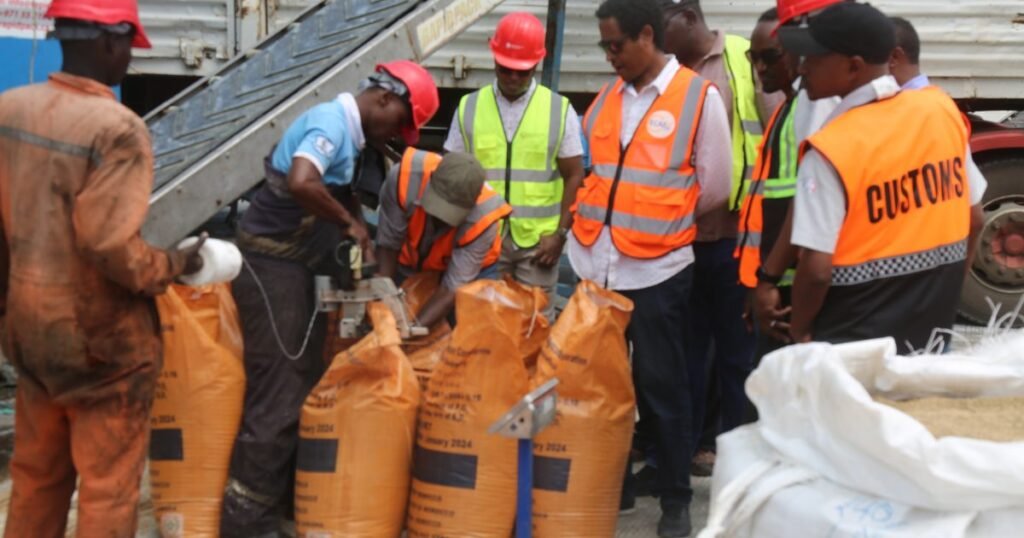Business leaders and economists are raising significant concerns about provisions in Kenya’s proposed Finance Bill 2025, warning that it could severely strain manufacturers, disrupt cash flows, and deter crucial investment across key sectors.
Central to their apprehension are several specific tax measures. A major point of contention is the reclassification of certain products from zero-rated to tax-exempt status. While seemingly similar, tax-exempt status removes the ability for manufacturers to claim refunds on Value Added Tax (VAT) paid on inputs used to produce these goods.
Tobias Alando, Chief Executive Officer of the Kenya Association of Manufacturers (KAM), stated that this move would inevitably increase production costs. “As long as Kenya does not have a mechanism to claim refunds on inputs, products will remain expensive,” Alando emphasised ahead of the recent budget reading.
The manufacturing sector, which KAM reports directly employs 369,000 Kenyans, faces additional pressure. The Bill proposes an increase in excise duty on imported packaging materials sourced from outside the East African Community (EAC).
Alando warned this could paradoxically encourage the importation of finished plastic packaging, “exporting jobs out of the country.” He further highlighted that the cumulative cost of duties for local manufacturers can reach up to 60 per cent, making domestically produced goods significantly more expensive than imports and stifling the government’s own “Buy Kenya, Build Kenya” agenda.
KAM strongly objects to taxing inputs and raw materials, arguing it hinders a sector already experiencing declining growth.
Compounding cash flow worries is the extension of tax refund timelines. The Federation of Kenya Employers (FKE) criticised the proposal to extend the refund period from 90 days to 120 days, potentially stretching to 180 days if an audit is required. FKE labelled this a “regressive move” that would severely strain business liquidity, particularly for small and medium-sized enterprises.
Further alarm stems from the removal of key tax incentives. The Bill proposes deleting the 15 per cent corporate tax incentive for local assemblers of motor vehicles—a policy designed to boost domestic industry.
Similarly, it seeks to eliminate a 15 per cent tax incentive for real estate developers constructing at least 100 residential units annually. FKE warned that this could significantly deter investment in the crucial housing sector.
Additionally, the Bill proposes imposing VAT on goods for the direct and exclusive use in constructing and equipping specialised hospitals. Stakeholders fear this will substantially increase the cost of developing vital healthcare infrastructure.
FKE also strongly opposes the proposal to remove the provision allowing businesses to carry forward tax losses to offset future profits. The Federation argues that this contradicts principles of tax fairness and penalises businesses experiencing economic downturns, potentially discouraging investment and distorting financial positions.
“This may discourage investment, ultimately harming economic efficiency,” FKE stated.
Economist Patrick Muinde echoed concerns about the business environment, pointing to the lack of predictability in annual tax policy changes.
“When you are in an environment where taxes change every year, you cannot project how they will behave over the next five years. The lack of predictability makes the business environment quite toxic,” Muinde told The Standard.
FKE Executive Director Jacqueline Mugo added a broader critique, stating that the perception is Kenya is “heavily taxed” without corresponding improvements in public service quality. She noted that payroll taxes are contributing to the rise of the “working poor.”
As the Finance Bill progresses through parliamentary scrutiny, industry stakeholders are urging lawmakers to reconsider these provisions, arguing they risk undermining manufacturing, worsening cash flow constraints for businesses, and chilling the investment climate vital for economic growth and job creation. KAM reported that 60 per cent of manufacturers were already holding investments pending the outcome of the Finance Bill.
– By Nusurah Nuhu


